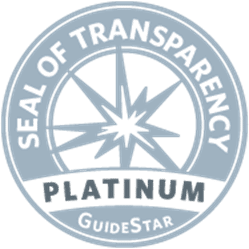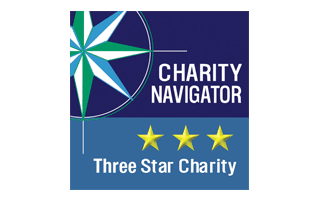Every one of our community members deserves to reach their potential, and we’re collaborating with caring individuals to advance financial stability. United Way of Anchorage, our donors and our supporters have furthered efforts that enhance opportunities for people to thrive. There is still more to do, though, and we need your help.
As our community has evolved, some barriers have become apparent, including:
Job access challenges. Child care shortages. Behavioral and mental health waitlists.
United Way has monitored how these factors are impacting our ability to strategically address our priorities. We’ve grown to realize a critical truth. More work must be done to ensure all our community members can improve their economic self-sufficiency. We especially need to concentrate on underserved low-income households, working and job-seeking adults, career-driven youth and those people facing economic inequalities.
Accordingly, we began grappling with a question.
How do we invest in community-driven solutions for these people?
We know that our answer must derive from research coupled with the insights of our community members facing these challenges. To help us develop these community-driven solutions, we listened to organizations, workplaces and people. These collaborations ensure the initiatives that we undertake stem from diverse perspectives rooted in experts’ knowledge and community members’ experiences.
Together, we’re embarking on a journey to answer the “how do we invest” question. Here’s some information that we uncovered that is informing our solutions:
Racial and ethnic disparities in employment and income persist. The rate of unemployment in Anchorage ranged from an average of four percent among White individuals to 12% for Alaska Native and American Indian individuals.
Cultural, language and transportation barriers prohibit people from accessing assistance. Nine percent of Anchorage residents live at or below the poverty threshold, but a community member is more than twice as likely to be below that threshold if they are not white.
Anchorage youth experience inconsistent and inequitable exposure to career opportunities. They aren’t entering our workforce with adequate hourly wages to afford rent for housing with one bedroom. They need to make, at least, $18.66 per hour working 40-hour weeks.
This type of information is now being integrated into our strategic priorities. Soon, we’ll announce a plan that says to our community, “This is how we’ll begin investing in solutions.”
But we can’t make these positive changes alone. We still have more to learn from you. We need your engagement, and we’ll continue to rely on your support.
Will you help us create a community where everyone can achieve economic self-sufficiency?
By listening to stories—like those from Roz, Cheryl, Ed, Fadwa and yours—we’re better understanding how to shape our plan for investing in solutions. Our work continues, and everyone’s voice counts because we’re all part of this community together. Let’s work together to improve everyone’s financial stability and economic self-sufficiency.





